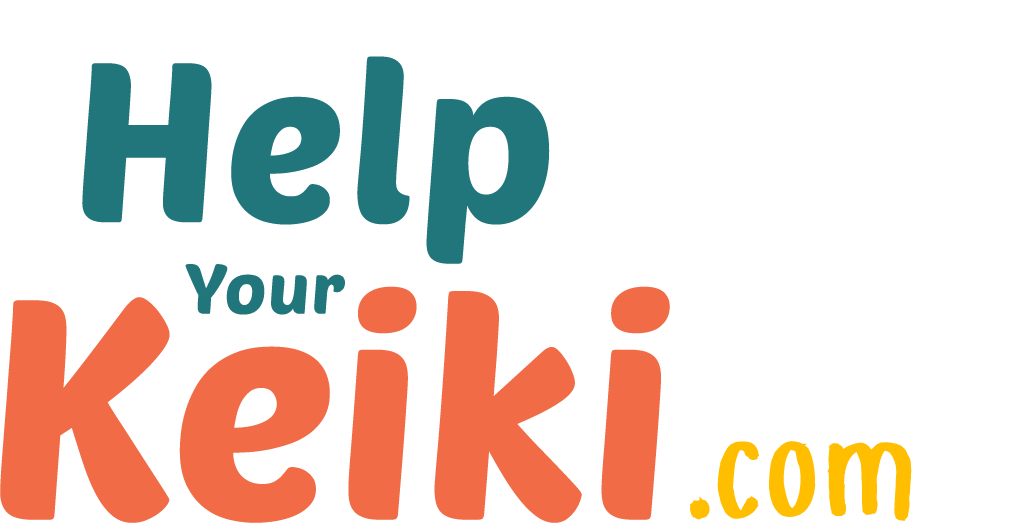Assertiveness Training
Promotes your child’s ability to be assertive with others, so their needs can be met without engaging in power struggles, intractable arguments, or aggressive/violent behavior.
Behavioral Therapy With Medication
Promotes appropriate behaviors and decreases unwanted behaviors through combining traditional behavioral therapy with psychiatric medications.
Cognitive Behavioral Therapy [CBT]
Supports youth to identify how their thoughts, feelings, and behaviors are connected.
CBT with Medication
Supports controlling symptoms through combining Cognitive Behavioral Therapy with psychiatric medications.
This form of CBT involves parents/caregivers having their own sessions with the therapist, and the focus of the parent-therapist sessions is on supporting youth development.
Trauma-Focused CBT [TF-CBT]
This form of CBT focuses treatment efforts on a traumatic event.
Exposure
Individuals become more comfortable with a feared situation through using repeated exposures.
Therapy designed to identify and change harmful communication and behavioral patterns within families.
Intensive Behavioral Treatment [IBT]
Techniques to reduce inappropriate behavior in young children with ASD while increasing communication, learning and appropriate social behavior.
Intensive Communication Treatment
Applies one-on-one modeling of appropriate communication with other structured teaching techniques to support communication and language development in kids with ASD.
Modeling
Teaches coping skills and behaviors to youth, usually involving demonstrating how and when these coping skills or behaviors can be applied to difficult situations.
Promotes positive change by supporting and aligning caregivers within all of the youth’s “systems” (home, school, church, etc.).
Parent Skill-Building
Teaches parents how to manage their child’s oppositional behavior.
Parent Skill-Building & Problem-Solving
Addresses the child’s or teen’s oppositional behavior by both teaching parents how to support and increase their child’s positive behaviors and teaching children problem-solving skills.
Behavior Alert
Provides an alert after a problem behavior. The alert can come from a device (e.g., urine alarm, motion detector) and prompts some form of correction.
Behavior Training
Mostly used for toileting problems and refers to supports in addition to behavioral alert. This includes Monitoring and Stimulus Control.
Biofeedback
Use of special tools (e.g., EEG bands, heart rate monitor, sweat gland monitor) to provide detailed information about the body to learn to control some of your body’s responses.
Client-Centered Therapy
Therapy that focuses on the youth and their feelings by creating a safe atmosphere for the youth to communicate.
Contingency Management
Supports parents to develop a system for giving or taking away privileges and rewards (e.g., point system, behavior chart) to change or shape behavior.
Interpersonal Therapy
Therapy designed to improve the quality of a person’s relationships with others by managing grief, helping with difficult life transitions and handling conflict in relationships.
Joint Attention/Engagement
Therapy designed to increase the ability of a child to share focus on an object or an area with another person.
Resources
List of Best Supported Treatments for Specific Problem Areas - The Blue Menu
We Welcome Your Feedback
In order to improve the content of Help Your Keiki, we would love your feedback on the site. Follow the link for a quick survey!





















